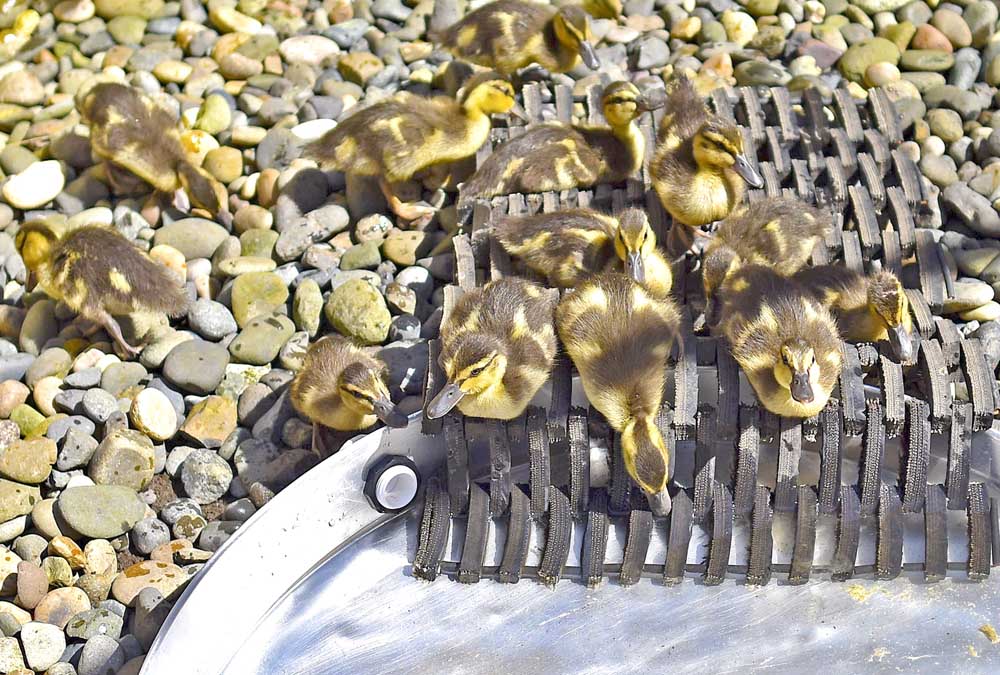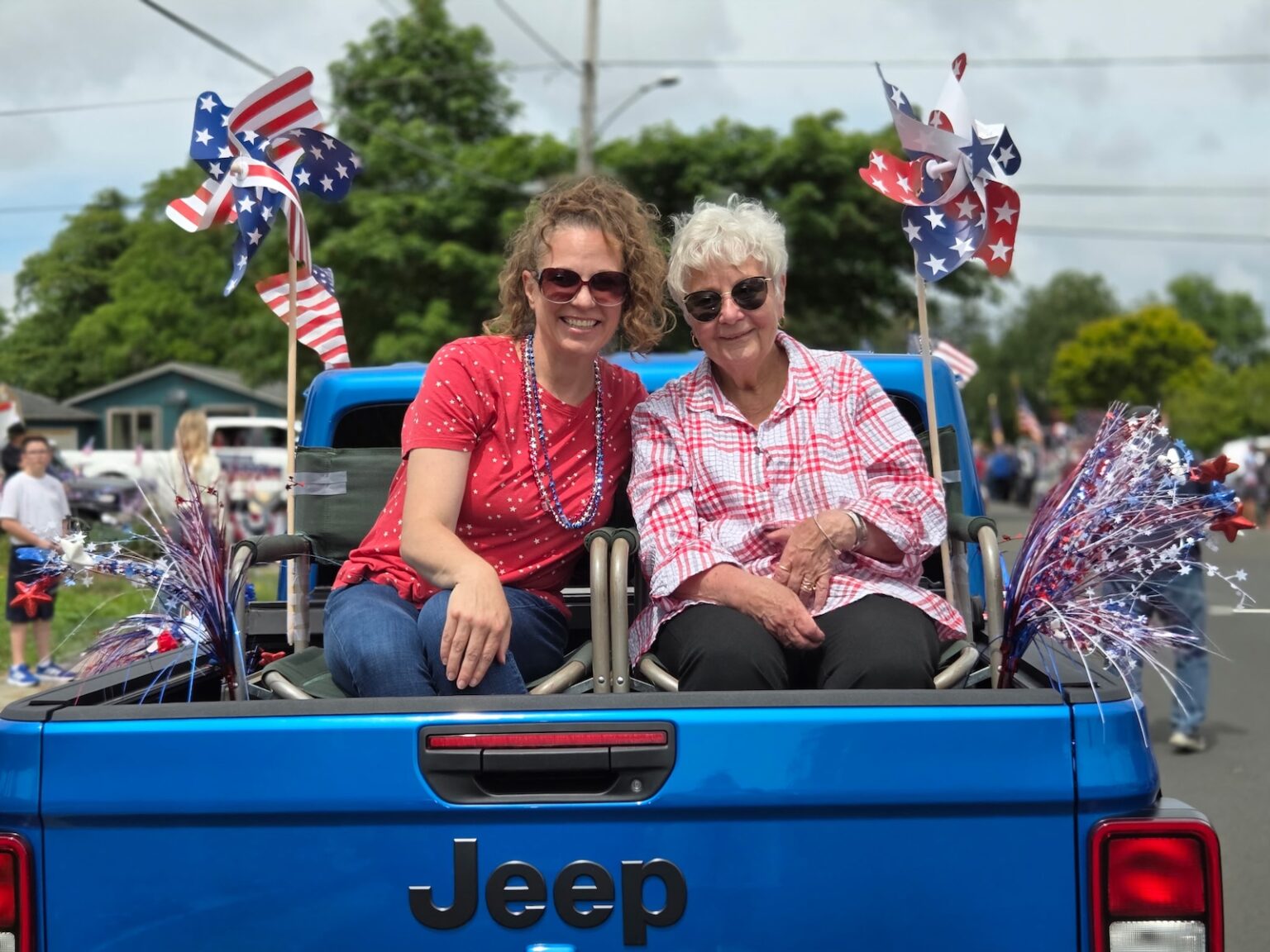Orphan ducklings get extra care at Wildlife Center of the North Coast
Published 12:15 am Tuesday, April 30, 2019

- Ducklings make their way to the swimming pool at the Wildlife Center of the North Coast.
Fun fact: Volunteers at the Wildlife Center of the North Coast must feed rescued baby barn swallows every half-hour, 12 hours a day. Baby hummingbirds need to be fed every 15 minutes to 20 minutes or they will die.
Compared to that, mallard ducklings are a breeze.
Trending
Spring is duckling season in Oregon and the wildlife center is caring for over 40 orphaned ducklings right now, all but one of them brought to the center from Portland by the Audubon Society of Portland.
The youngest are only a couple of days old; the oldest are around 13 to 14 days old and can easily feed themselves.
They may have been separated from their moms, or become orphaned after their mother was hit by a car while leading them across a road to water, said Stephanie Herman, wildlife care center manager for the Audubon Society of Portland.
While Audubon can care for a variety of birds at its rehabilitation center, the wildlife center in Olney, with its variety of pools and enclosures, is better equipped to handle water birds.
Audubon often transfers animals to other centers depending on what the animals need and what facilities are available.
“It’s a matter of maximizing our strengths,” Herman said.
The Wildlife Center of the North Coast takes in just over 100 local ducklings on average each year. The partnership with Audubon could send several hundred more their way, said Pauline Baker, rehabilitation coordinator for center.
“We’re anticipating more and more through June,” Baker said.
The ducklings will be released when they are around 4 to 5 weeks old. The ones that came from Portland will go back into their home watersheds.
For now, volunteers place feather dusters in the ducklings’ enclosures — stationary stand-ins for absent parents — and ferry them to small pools so they can practice swimming and foraging.
During duckling season, Herman warns people to be on the lookout for ducks crossing roads and to leave nests alone.
“The best thing to do with nests — even if they’re in weird places — is to try not to disturb them and allow mom to take care of them on her own,” she said.





